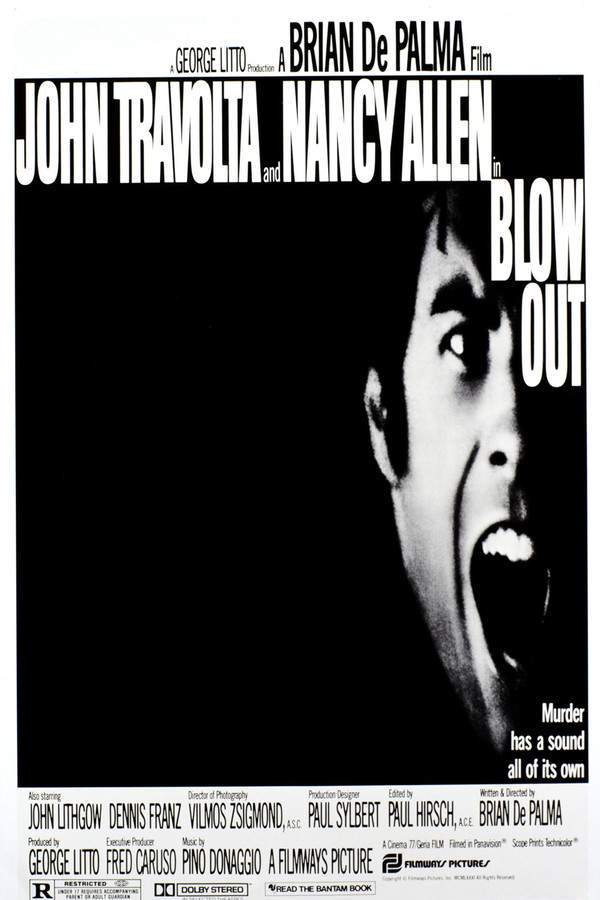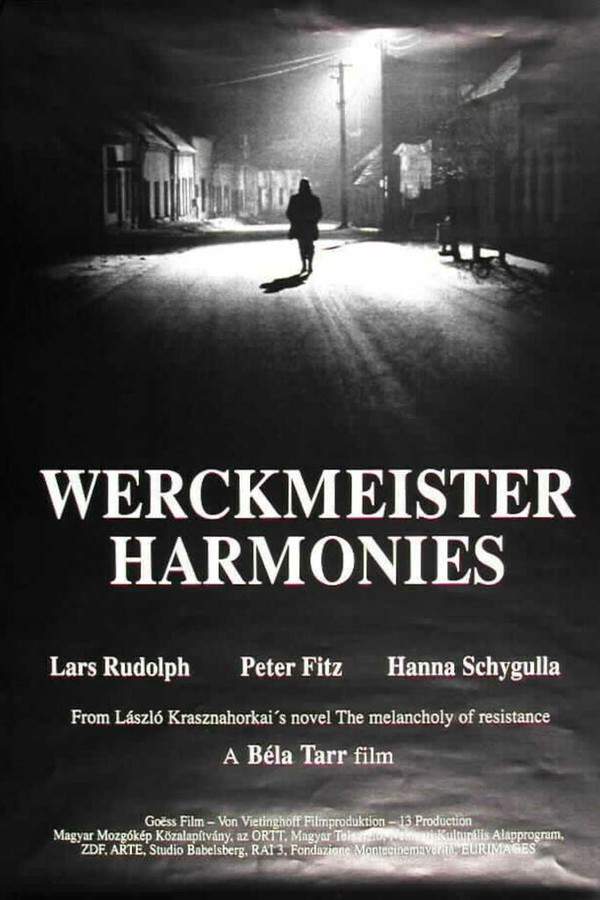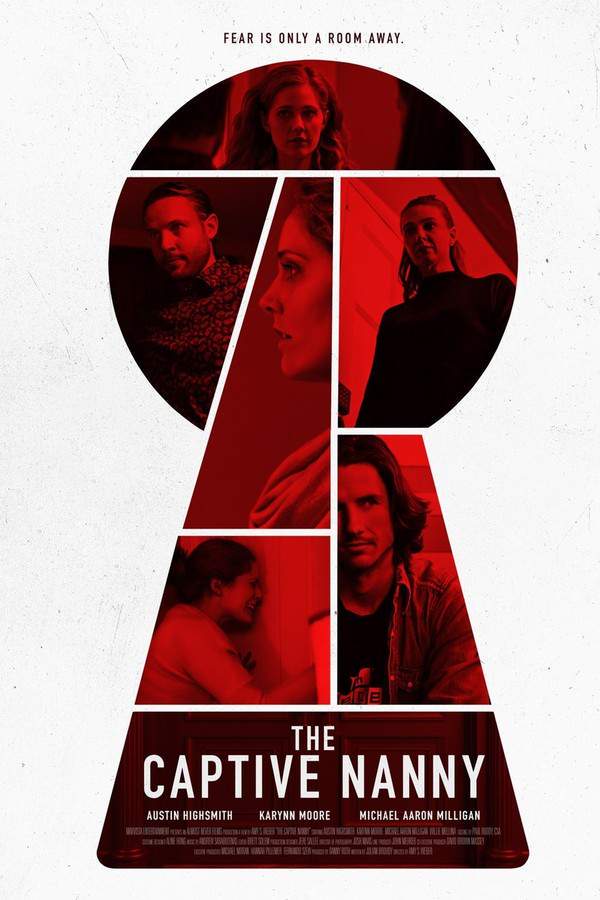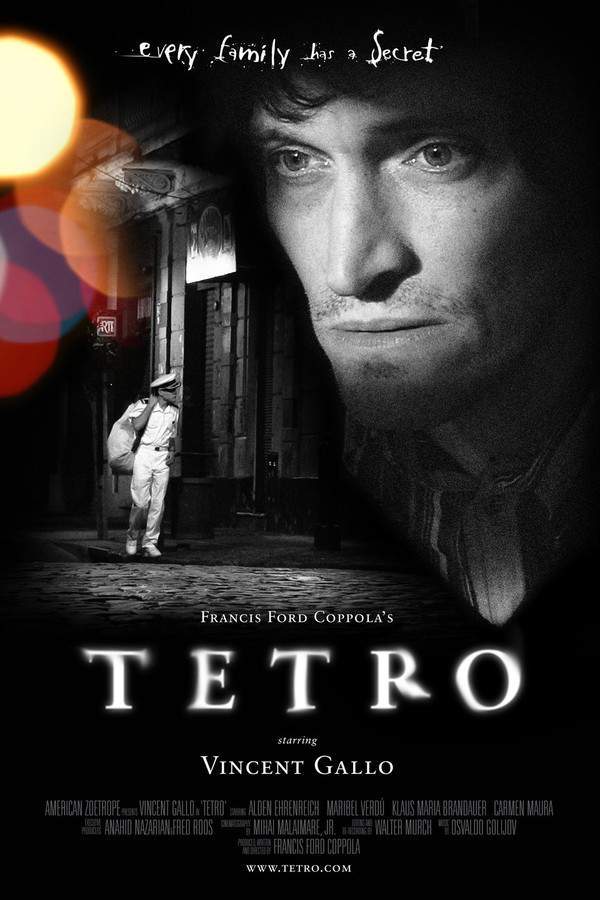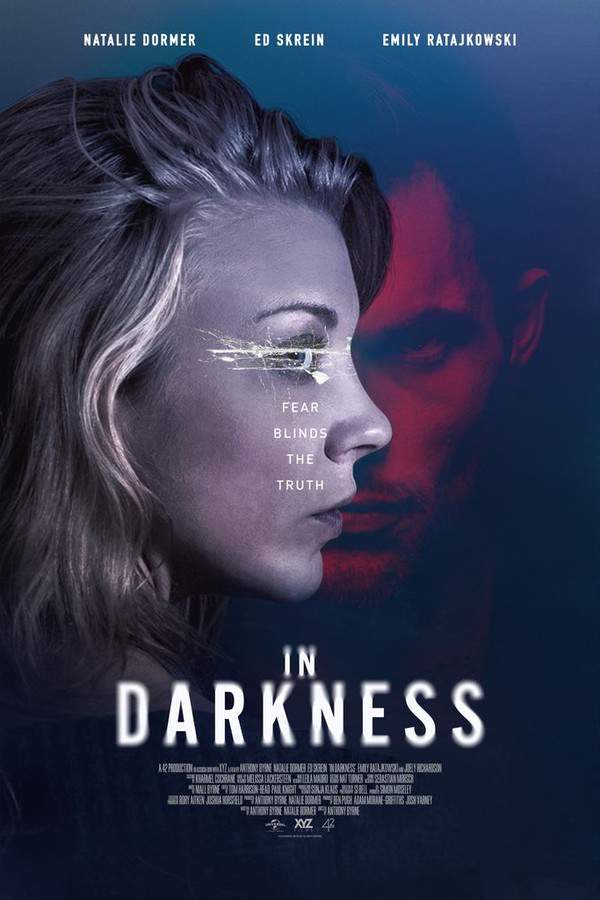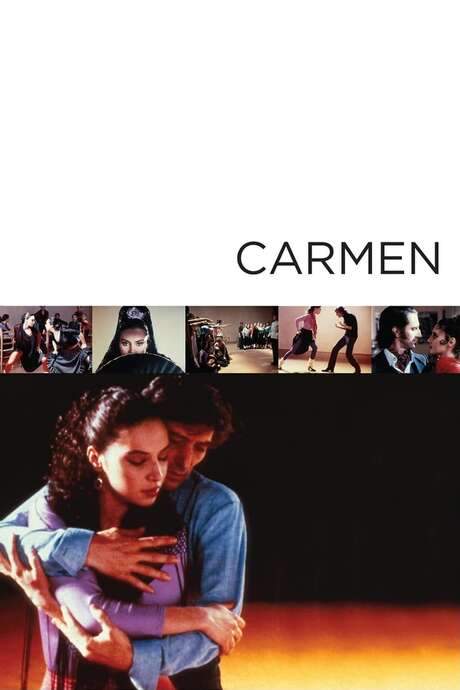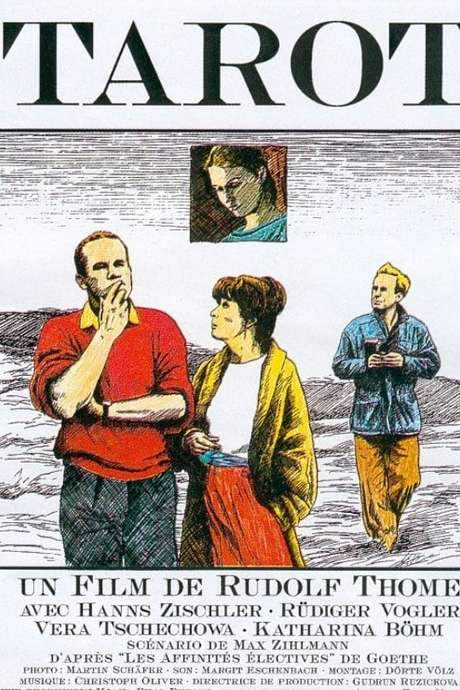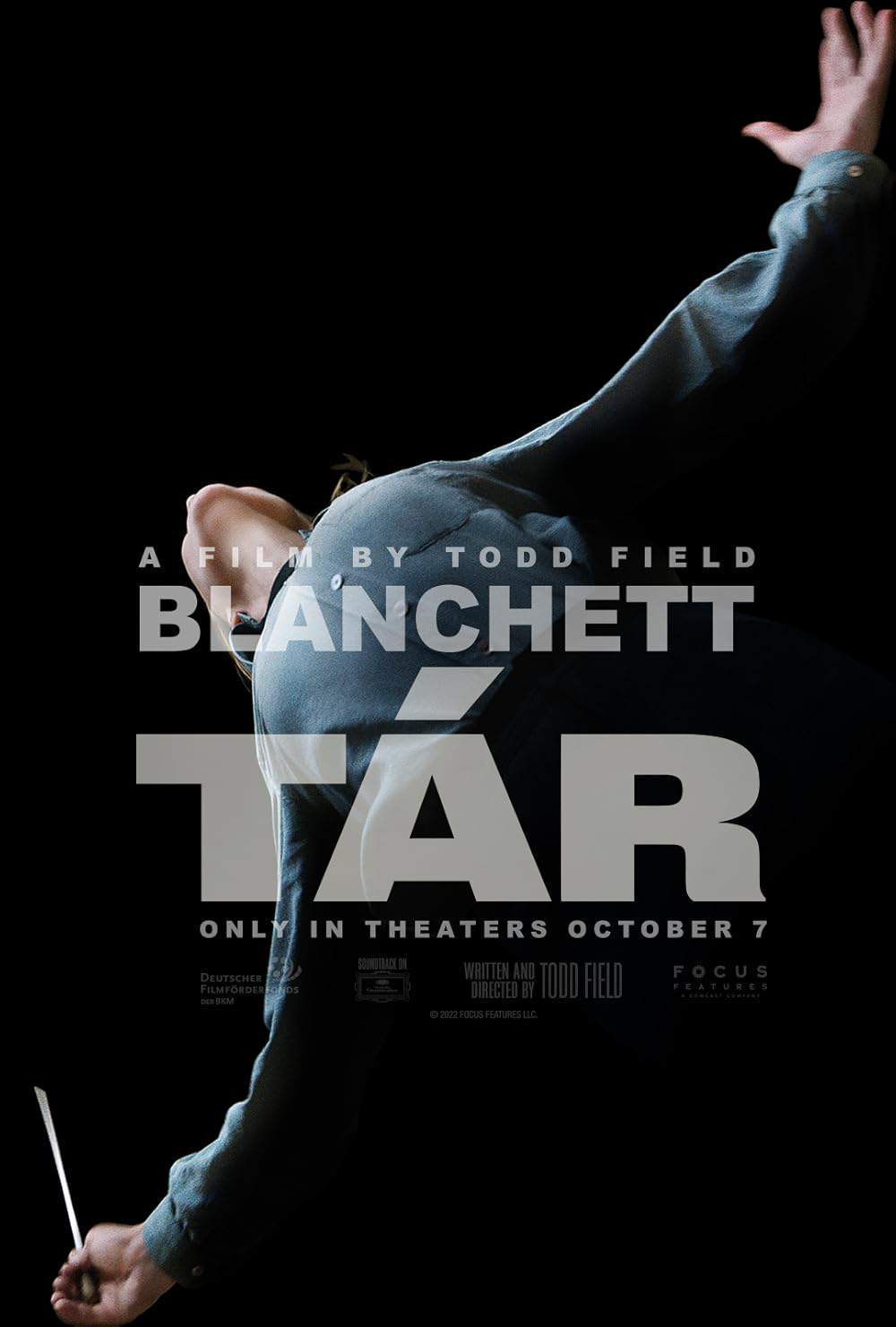
TÁR
Cate Blanchett portrays Lydia Tár, a renowned and influential conductor preparing for a significant book launch and symphony performance. As she navigates her career at the pinnacle of success, unexpected events trigger a dramatic downfall. The film delves into the intricacies of power, ambition, and the potential for corruption within even the most respected figures, revealing a compelling portrait of a woman facing a crisis.
Warning: spoilers below!
Haven’t seen TÁR yet? This summary contains major spoilers. Bookmark the page, watch the movie, and come back for the full breakdown. If you're ready, scroll on and relive the story!
TÁR (2022) – Full Plot Summary & Ending Explained
Read the complete plot breakdown of TÁR (2022), including all key story events, major twists, and the ending explained in detail. Discover what really happened—and what it all means.
Lydia Tár, portrayed by Cate Blanchett, is celebrated as one of the greatest living composer-conductors and has made history as the first openly gay female chief conductor of the Berlin Philharmonic Orchestra. During a captivating interview at the New Yorker Festival with Adam Gopnik, she discusses her latest projects, notably the live recording of Mahler’s 5th Symphony. From the sidelines, she is supported by her dedicated personal assistant, Francesca Lentini, and her ailing spouse, Sharon Goodnow, who also serves as the concertmaster.
In a dramatic lunch meeting with Eliot Kaplan, a fellow conductor and manager of a fellowship program she initiated for aspiring women conductors, Lydia deliberates on the future of her orchestra. Conversations reveal her intentions to change the assistant conductor position currently held by Sebastian Brix, with an eye toward promoting Francesca, while also addressing a cello vacancy in the orchestra.
As she takes on the role of guest instructor at Juilliard, Lydia’s teaching methods are called into question when she harshly critiques a student named Max (Zethphan Smith-Gneist) for his disinterest in the classical masters shaped by identity politics. Her firm stance leads Max to leave the class in frustration. Meanwhile, the complexities of Lydia’s past surface when she receives a novel, “Challenge,” from Krista Taylor (Sylvia Flote), a former fellow who hints at a troubled, transactional relationship that Lydia had fostered, only to later blacklist Krista, jeopardizing her prospects in conducting.
The stakes rise as Lydia prepares for a blind audition for a new cello position, where she crosses paths with the alluring Olga Metkina (Sophia Kauer) in a private restroom. Lydia’s attraction to Olga leads her to manipulate the audition’s outcome, ensuring Olga a spot in the orchestra and a solo performance paired with Mahler’s 5th. However, as Lydia becomes engrossed in preparing for the recording, tensions grow with both Francesca and Sharon as they become increasingly aware of her infatuation.
After informing Sebastian of his upcoming replacement, Lydia faces accusations of favoritism that hint at potential abuse of power. As the drama unfolds, Krista tragically takes her own life, leaving behind chilling accusations against Lydia that threaten to unravel her career. In a desperate attempt to shield herself, Lydia directs Francesca to erase incriminating emails and enlists legal counsel as Krista’s family plans to pursue a lawsuit against her.
Despite the unraveling of her personal and professional life, Lydia is haunted by her past choices, experiencing terrifying visions and chronic pain, with cherished moments shared with Olga and her adopted daughter Petra offering few escapes. In her turmoil, she becomes increasingly antagonistic towards her worker-class neighbors, leading to a fateful encounter that culminates in injury.
When an edited video of her lecture surfaces online, her life spirals further into chaos. Amid public outrage and protests upon her return to New York for a book promotion and deposition, whispers of Francesca’s betrayal add to her turmoil. Ultimately, estranged from Sharon and Petra, Lydia loses her position as conductor and, in an impulsive act during a live performance, confronts Eliot onstage.
Fleeing from the fallout, she retreats to her childhood home on Staten Island, where she confronts the reality of her identity, learning that her real name is Linda Tarr. Reflecting on her past through old footage of her mentor Leonard Bernstein, she faces family tensions when her brother confronts her.
Months later, Lydia finds herself conducting an orchestra in the Philippines, where her reality blurs further as she encounters familiar yet unsettling scenarios. Selecting a masseuse from a bowl in what appears to be a brothel mirrors the orchestral experiences she once cherished. Overcome with emotion by a girl’s gaze akin to those in her life, Lydia’s discontent culminates in a dramatic rush outside. The film concludes with Lydia conducting a new orchestra, yet the echoes of her complex journey resonate as she finds herself directing a score for a film adaptation of the “Monster Hunter” video game, surrounded by an audience of devoted cos-players.
Last Updated: November 16, 2024 at 11:34
Ending Explained – What Happens at the End of TÁR?
Still wondering what the ending of TÁR (2022) really means? Here’s a spoiler-heavy breakdown of the final scene, major twists, and the deeper themes that shape the film’s conclusion.
The ending of “Tár” is layered with ambiguity and open to interpretation. As Lydia Tár’s professional and personal worlds collapse—she loses her prestigious positions, faces protests, and becomes isolated—she seems to spiral into a state of mental disintegration. Some argue that the scenes showing her attacking her replacement conductor and the disturbing images at the brothel might be hallucinations or symbols of her guilt and psychological torment. The film subtly suggests that Lydia is haunted by her past actions, especially regarding her abusive relationships with students and the tragic suicide of Krista, her former protégée. These echoes of her guilt and shame are reinforced by the final scene, where Lydia conducts a performance of the video game Monster Hunter, a strange and almost surreal choice. This scene, with its heightened realism and bizarre context, can be seen as a hallucination or a symbolic reflection of her inner state—highlighting her mental unraveling rather than a literal continuation of her life. Within this interpretation, Lydia’s conduct of Monster Hunter, a game about a hunt or a monster, cleverly symbolizes her own perception as a monster—haunted by her past and constantly in pursuit of some form of redemption or escape. The film’s choice to end with her performing in front of cosplayers, conducting a score from a video game, underscores her downfall from revered artist to a humbling figure who is still driven by her obsession with music, despite everything. Ultimately, “Tár” invites viewers to consider whether Lydia’s final moments are real or a manifestation of her fractured mind—leaving her fate open-ended—while highlighting the film’s themes of guilt, abuse, and the destructive pattern of power and violence. The movie’s ending, complex and unsettling, leaves much to ponder about Lydia’s true state of mind and whether she might still be capable of revival or if she is doomed to remain haunted by her past.
Last Updated: June 25, 2025 at 08:44
Explore Movie Threads
Discover curated groups of movies connected by mood, themes, and story style. Browse collections built around emotion, atmosphere, and narrative focus to easily find films that match what you feel like watching right now.
Slow burn psychological unraveling like in TÁR
Meticulous character studies where a life of power crumbles under psychological pressure.Explore movies like TÁR, featuring meticulous character studies where powerful figures face a slow, psychologically intense downfall. If you liked the tense, steady pace and complex portrait of a life unraveling, these films deliver a similar experience of haunting self-confrontation.
Narrative Summary
These narratives follow a character, often in a position of authority or talent, as their carefully constructed world is dismantled. The story unfolds not through explosive action, but through a steady accumulation of pressures, revelations, and internal crises, leading to a loss of identity and power.
Why These Movies?
They are grouped by their shared focus on internal collapse, a tense and steady pacing that maximizes psychological dread, and a heavy emotional weight stemming from themes of corruption, narcissism, and the consequences of one's actions.
Movies about a fall from grace in elite worlds like TÁR
Stories of influential figures brought down by their own ambition in elite settings.Find movies similar to TÁR that explore the downfall of powerful, ambitious figures in high-stakes environments like the classical music world. These stories delve into themes of power, corruption, and cancel culture, offering a heavy, tense viewing experience.
Narrative Summary
The narrative pattern involves a protagonist at the peak of their career in a rarefied world. Their moral compromises, hubris, or hidden past triggers a chain of events that leads to public disgrace and a complete loss of status, exploring the intricate power dynamics of their specific milieu.
Why These Movies?
These films share a central theme of a 'fall from grace,' set within specific, often insulated, professional worlds. They possess a high emotional weight, a tense tone, and a complex examination of how ambition and power can lead to self-destruction.
Unlock the Full Story of TÁR
Don't stop at just watching — explore TÁR in full detail. From the complete plot summary and scene-by-scene timeline to character breakdowns, thematic analysis, and a deep dive into the ending — every page helps you truly understand what TÁR is all about. Plus, discover what's next after the movie.
TÁR Timeline
Track the full timeline of TÁR with every major event arranged chronologically. Perfect for decoding non-linear storytelling, flashbacks, or parallel narratives with a clear scene-by-scene breakdown.

Characters, Settings & Themes in TÁR
Discover the characters, locations, and core themes that shape TÁR. Get insights into symbolic elements, setting significance, and deeper narrative meaning — ideal for thematic analysis and movie breakdowns.

TÁR Ending Explained
What really happened at the end of TÁR? This detailed ending explained page breaks down final scenes, hidden clues, and alternate interpretations with expert analysis and viewer theories.

TÁR Spoiler-Free Summary
Get a quick, spoiler-free overview of TÁR that covers the main plot points and key details without revealing any major twists or spoilers. Perfect for those who want to know what to expect before diving in.

More About TÁR
Visit What's After the Movie to explore more about TÁR: box office results, cast and crew info, production details, post-credit scenes, and external links — all in one place for movie fans and researchers.

Similar Movies to TÁR
Discover movies like TÁR that share similar genres, themes, and storytelling elements. Whether you’re drawn to the atmosphere, character arcs, or plot structure, these curated recommendations will help you explore more films you’ll love.
Explore More About Movie TÁR
TÁR (2022) Scene-by-Scene Movie Timeline
TÁR (2022) Movie Characters, Themes & Settings
TÁR (2022) Ending Explained & Theories
TÁR (2022) Spoiler-Free Summary & Key Flow
Movies Like TÁR – Similar Titles You’ll Enjoy
Werckmeister Harmonies (2001) Complete Plot Breakdown
Barbara (2012) Full Movie Breakdown
Trolösa (2001) Ending Explained & Film Insights
Tabu (2012) Full Movie Breakdown
The Captive (2002) Movie Recap & Themes
Tetro (2009) Spoiler-Packed Plot Recap
In Darkness (2018) Story Summary & Characters
The Tango Lesson (1997) Ending Explained & Film Insights
Dischord (2003) Complete Plot Breakdown
Tônica Dominante (2000) Plot Summary & Ending Explained
The Audition (2019) Plot Summary & Ending Explained
The Conductor (1980) Complete Plot Breakdown
Meeting Venus (1991) Film Overview & Timeline
Carmen (1983) Plot Summary & Ending Explained
Tarot (1986) Ending Explained & Film Insights


